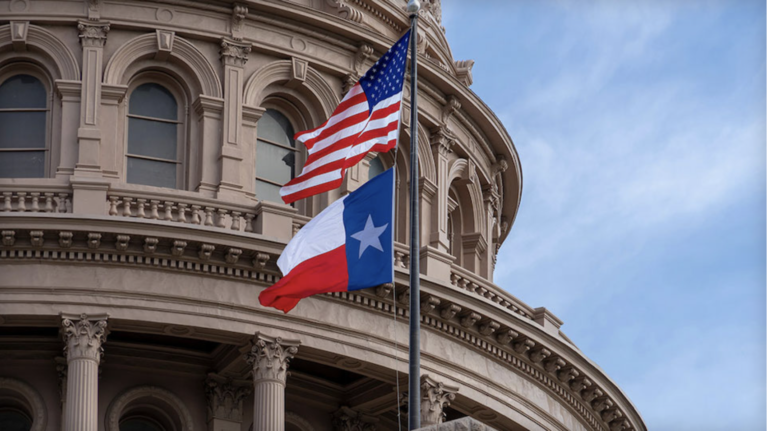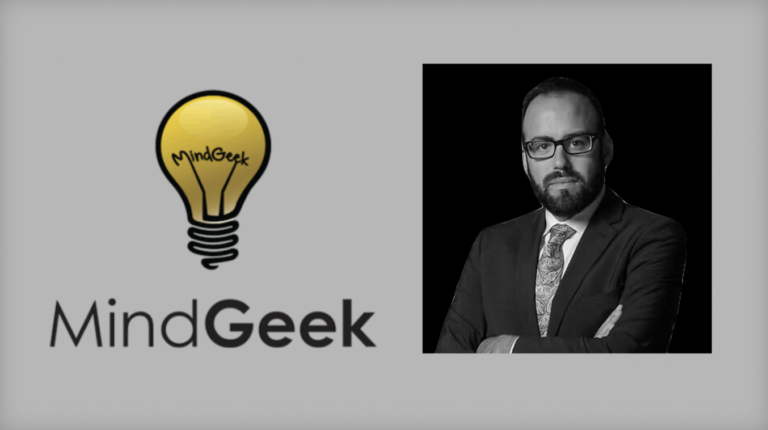AUSTIN — A Texas court granted on Thursday a preliminary injunction to Free Speech Coalition (FSC) and its co-plaintiffs, blocking the Texas Attorney General from enforcing the state’s controversial anti-porn age verification law while the case is litigated.
As XBIZ reported, the Republican-authored HB 1181 was passed by the Texas legislature with bipartisan support in May and was scheduled to go into effect Friday.
Here is the statement by FSC:
Free Speech Coalition and our co-plaintiffs, a coalition of major adult platforms and creators, have been granted a preliminary injunction against the Texas anti-porn law, HB1181. Texas is blocked from enforcing the law while the case is litigated.
“This is a huge and important victory against the rising tide of censorship online,” says Alison Boden, Executive Director of Free Speech Coalition. “From the beginning, we have argued that the Texas law, and those like it, are both dangerous and unconstitutional. We’re [pleased] that the Court agreed with our view that HB1181’s true purpose was not to protect young people, but to prevent Texans from enjoying First Amendment protected expression. The state’s defense of the law was not based in science or technology, but ideology and politics.”
The Court agreed with FSC and our co-plaintiffs on nearly every argument:
- The law violates First Amendment rights of creators and consumers
- The law has a chilling effect on legally-protected speech
- Parental filters are a less restrictive and more effective method of protecting minors
- The state does not have the right to compel speech in the form of health warnings
- HB 1181 required sites with adult content to force their visitors to provide digital IDs or other official proof of age, as well as display pseudoscientific “health” warnings. Free Speech Coalition and our co-plaintiffs argued that the requirements are unconstitutional and expose consumers to significant privacy risks.
The law, set to take effect September 1, would have given the Attorney General the power to fine a site with adult content more than $3M per year if it did not require visitors to present a digital ID or undergo background checks to establish age. Free Speech Coalition has argued that these new and expensive verification technologies present an unreasonable burden for both sites and users, stressing that members of the adult industry already register with parental filters and other software to help parents easily block adult content. The court agreed.
“The ruling rebuffs nearly every argument made by state legislatures, and not only in Texas,” says Boden. “While Texas presented the most straightforward path to securing a ruling like this, the issues are the same whether in Utah, Louisiana or Virginia. Anyone who attempts to bring a case in those jurisdictions faces little hope of success. We are thrilled with the verdict, and thank our co-plaintiffs for joining this battle and defending the industry.”
Joining Free Speech Coalition as co-plaintiffs are an array of adult platforms and workers, including MG Premium LTD; MG Freesites LTD; Webgroup Czech Republic, A.S.; NKL Associates, S.R.O.; Sonesta Technologies, S.R.O.; Sonesta Media, S.R.O.; Yellow Production S.R.O.; Paper Street Media, LLC; Neptune Media, LLC; Mediame SRL; Midus Holdings, INC.; and Jane Doe, an adult content creator.
Attorneys for the Plaintiffs are Michael T. Zeller, Derek L. Schaffer, Thomas Nolan, Arian Koochesfahani, and Scott Cole of Quinn Emanuel Urqhart & Sullivan, LLP and Jeffrey Sandman of Webb Daniel Friedlander, LLP.


